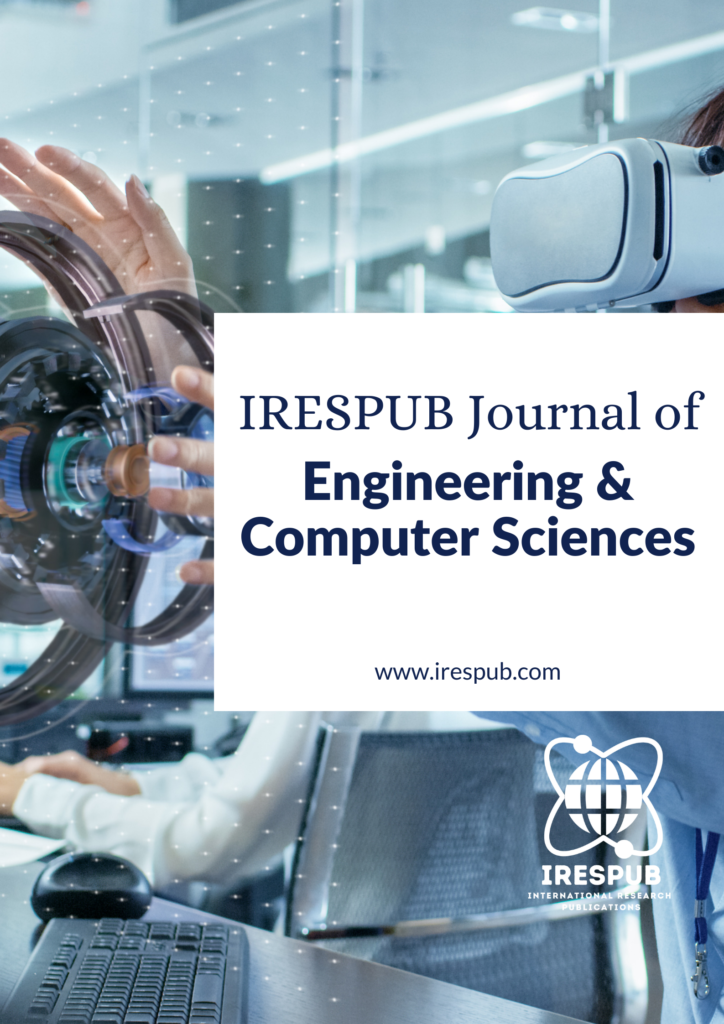
Year Launched: 2021
Journal Menu
- Scope & Research Areas
- Instructions for Authors
- Article Processing Charge
Journal List
- Natural & Applied Sciences
- Life Sciences
- Business Management
- Education & Literature
- Humanities & Cultural Studies
- Medical & Dental Sciences
- Engineering & Computer Sciences
- Agriculture, Food & Nutrition
- Environmental & Material Sciences
- Wellness & Lifestyle Management
- Arts & Ideas
- Law, Policy & Religion
Higher education in the face of the Covid-19 crisis: critical analysis of the incomplete use of distance learning in Cameroonian state universities
Volume 1, Issue 1, Nov-Dec 2021 | Page 1-14 | PDF (332K) | Pub. Date: November 6, 2021
Author(s)
Marthe Aurellie NGONO ZINTCHEM;IRIC BP 1637 Yaounde-Cameroon; GSM: 00237 77855792/00237 693697049
Abstract
This article deals with the practice of distance learning in Cameroonian universities. It uses the Covid-19 crisis as the starting point for an in-depth reflection on the constraints to the success of the pedagogical transition that the Cameroon government has been carrying out for two decades. Starting from the observation that the Covid-19 pandemic has disrupted the pedagogical habits in our universities, this analysis highlights the multiple challenges faced by university actors in the implementation of distance learning in Cameroon. After an inventory of the difficulties encountered, the legal framework and the existing infrastructures, this text proposes possible ways to succeed in the pedagogical transition, which will be useful both to ensure pedagogical continuity in times of crisis and to help universities to absorb the continuous increase in student numbers recorded each academic year.
Keywords
higher education; distance learning; Covid-19; university
Cite this paper
Zintchem, M. A. N. (2021), Higher education in the face of the Covid-19 crisis: critical analysis of the incomplete use of distance learning in Cameroonian state universities, IRESPUB Journal of Engineering & Computer Sciences. Volume 1, Issue 1, Nov-Dec 2021, Page 1-14
References
[1] Bellon, B., Ben Youssef, A. and M’Henni, H. 2007. “The capacities for using information and communication technologies in emerging economies”, Revue Tiers Monde, vol. 192 (4). 919-936.
[2] Bertrand, I. 2003. “ODL systems in higher education establishments: transfer or integration? »Distances and knowledge, vol. 1, No. 1, 61-78.
[3] Jacquinot-Delaunay, G. 2010. “Between presence and absence. FAD as a principle of provocation”, Distances et savoirs, n ° 2, vol. 8.
[4] Mafouen, A. and Kouakep Tchaptchié, Y. 2020. “Impact of Covid-19 on education in Cameroon and the use of digital technology in English (North – Centre – Littoral – West) and mathematics (Adamaoua – North). The case of WhatsApp groups”, Adjective Review, T4.
[5] Mbengue, M., Diakhate, D. and Diop, M. 2020. “Open and Distance Learning (ODL) and digital strategy for educational continuity in the COVID-19 context: feedback”, Annales de l’Université de Craiova, Filosofie, Craiova, Romania.
[6] Morillas, C. 2018. “Student domination and resistance in a ‘closed and apolitical place’: the Cameroonian university (1962-2014)”, L’Espace Politique, n ° 35, vol. 2, http://journals.openedition.org/espacepolitique/5118.
[7] Ndibnu-Messina, J. 2017. “Hybrid approach and supervision of dissertations from DIPES and DIPET II: evaluation test of tutoring activities leading to the production of writings by student teachers”, Distances et médiations des savoirs, n ° 20.
[8] Ndibnu-Messina, J. and Kouankem, C. 2021. “Remote monitoring of Cameroonian students during and after the Covid-19”, International review of technologies in university education, n ° 18, vol. 1.
[9] Ngnoulayé, J. and Gervais, C. 2005. “Use of ICT and academic training of Cameroonian students” International review of technologies in university pedagogy, n ° 12 (3).
[10] Njoya, O. C. 2018. “Distance Continuing Education (FAD) for Secondary School Teachers: Eseka District Schools”, Multilinguales, n ° 10.
[11] Olivier, N. and Viscogliosi, C. 2014. “Reverse pedagogy in economics and social sciences”, Pedagogical notebooks, November 20, 2014.
[12] Onguéné Essono, L.-M. and Onguéné Essono, C. 2006. “ICT and Internet at school: Analysis of new teaching practices in classrooms in Black Africa”, in Fonkoua, P. (ed.), Integration of ICT in the teaching process -apprenticeship in Cameroon, Yaoundé, Terroirs. 55-75.
[13] Sindjoun, L. 1996. “The Cameroonian social field: inventive disorder, simplifying myths and hegemonic stability of the State, Politique africaine, n ° 62, 59-67.
[14] Strioukouva, E. 2006. “The use of a discussion forum as a practice within the framework of an ODL. Innovations, uses, networks”, Colloque de Montpellier, November 2006, 2, https://edutice.archives-ouvertes.fr/edutice-00133669/document.
[15] Thibault, F. et al., European Universities in the Age of E-learning: A Look at Finland, Italy and France, Conference of Italian University Presidents, 2006.
[16] 2003. Open and distance learning. Trends, Political and Strategic Considerations, Paris, UNESCO.

